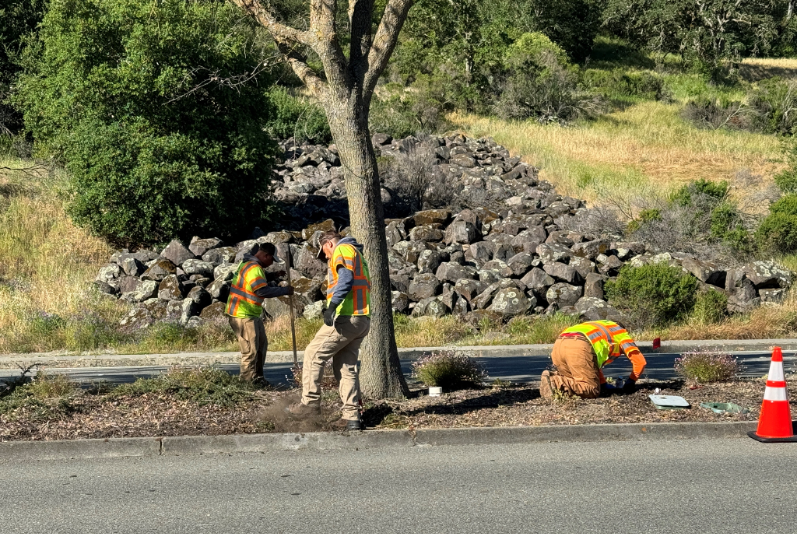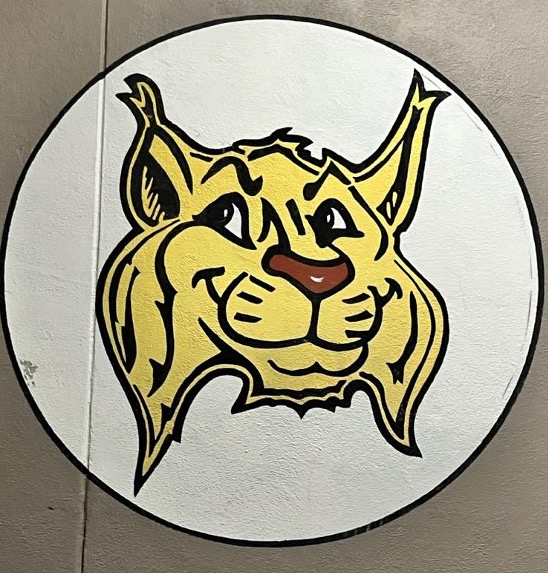When the Town Hall Theatre of Lafayette announced its annual fiscal funding goal last August, the amount was $250,000 – nearly two-thirds more than the previous campaign. That sparked some concerns in the community that the popular playhouse was in financial trouble and might shut down.
But that isn’t the case. Rather, now that the worst of the COVID-19 pandemic has passed, the theater wants to offer artists better pay, hire more staff, produce musicals, fix repairs, and confront the changing economics of running a nonprofit performing arts and education organization.
“That $250,000 isn’t just to keep the doors open this year. It is to pay our staff better. It is to continue to hire artists at an hourly rate, but also hire more that you’ll see over the next couple seasons,” Managing Director Dennis Markam said, citing one of the many factors affecting the current fundraising goal.
Town Hall Theatre decided in 2020 to pay its actors hourly. “We pay them as employees, which a lot of companies our size don’t do,” Markam explained. In 2020 that increased expenses by about 85% per actor, he said.
Bringing back musicals
The company also wants to bring back musicals. Town Hall Theatre’s audience “have again and again said that they want to see [musicals] back in our space and we want to do those again,” Markam said. “The rights to those are a lot more expensive. You have to hire a band. You have extra rehearsals for music. That becomes hugely expensive. So $250,000 helps with that.”
As a nonprofit organization, Town Hall Theatre has always relied on donations in addition to ticket sales. For its classes, students pay what they can afford.
“We are very proud that not only are our classes served from pre-K through adult, but we are very proud to say that we never turn any student away for financial reasons,” Markam said. “If you can pay one dollar, great. Take a class if you can’t pay one dollar. Come take a class. We want to make sure that we are fostering arts education for anyone who wants it.”
Markam said that another concern is that while “our education classes are finally kind of getting back to where they were pre-pandemic, we just aren’t seeing the same audiences that we were before [the pandemic].”
Before the COVID pandemic, the company’s funding goal was $100,000. It rose to $150,000 in August 2020 to stay open when there weren’t any performances and class attendance was lower.
Hard to secure grants with big companies
Markam said the theater, which was established in 1944 and reorganized in 1992 as the Town Hall Theatre Company of Lafayette, faces a challenge in its efforts to secure grant money because of its location in a higher-income area.
“A lot of other companies of our size, especially ones that own their own building, which are not many of us, get funding from larger granting organizations like the Hewlett Foundation or [Bernard] Osher or Zellerbach. We have not been able to get that financial support from those larger organizations. And it’s largely because of where we are,” he said.
Community members, especially those involved in the arts, feel that the Town Hall Theatre and its contributions to the region are a vital aspect of the town of Lafayette.
Without Town Hall Theatre, “some students wouldn’t have the opportunity to have enrichment programs after school. They wouldn’t be able to be in shows in a professional or community theater space that’s not their high school or elementary school or middle school,” Acalanes High School drama teacher Ed Meehan said. Losing them “would just be a general loss.”
“I really like it and it’s super fun. The teachers are really nice, and I love hanging out with my friends, and the plays are super cool,” student actor Rose Korpita said.
On April 12, Lafayette Town Hall Theatre will present “Rhinestone: The Songs of Glen Campbell,” featuring Nashville recording artist Andy Kahrs.
*Additional resources
Grace Gallacher is an 11th grader at Acalanes High School in Lafayette.
Editor’s Note: An earlier version of this story misnamed one of the granting organization referred to by Managing Director Dennis Markam. The correct organization name is the Bernard Osher Foundation. Also, the year the company decided to pay its employees hourly was incorrect. The correct year is 2020.



